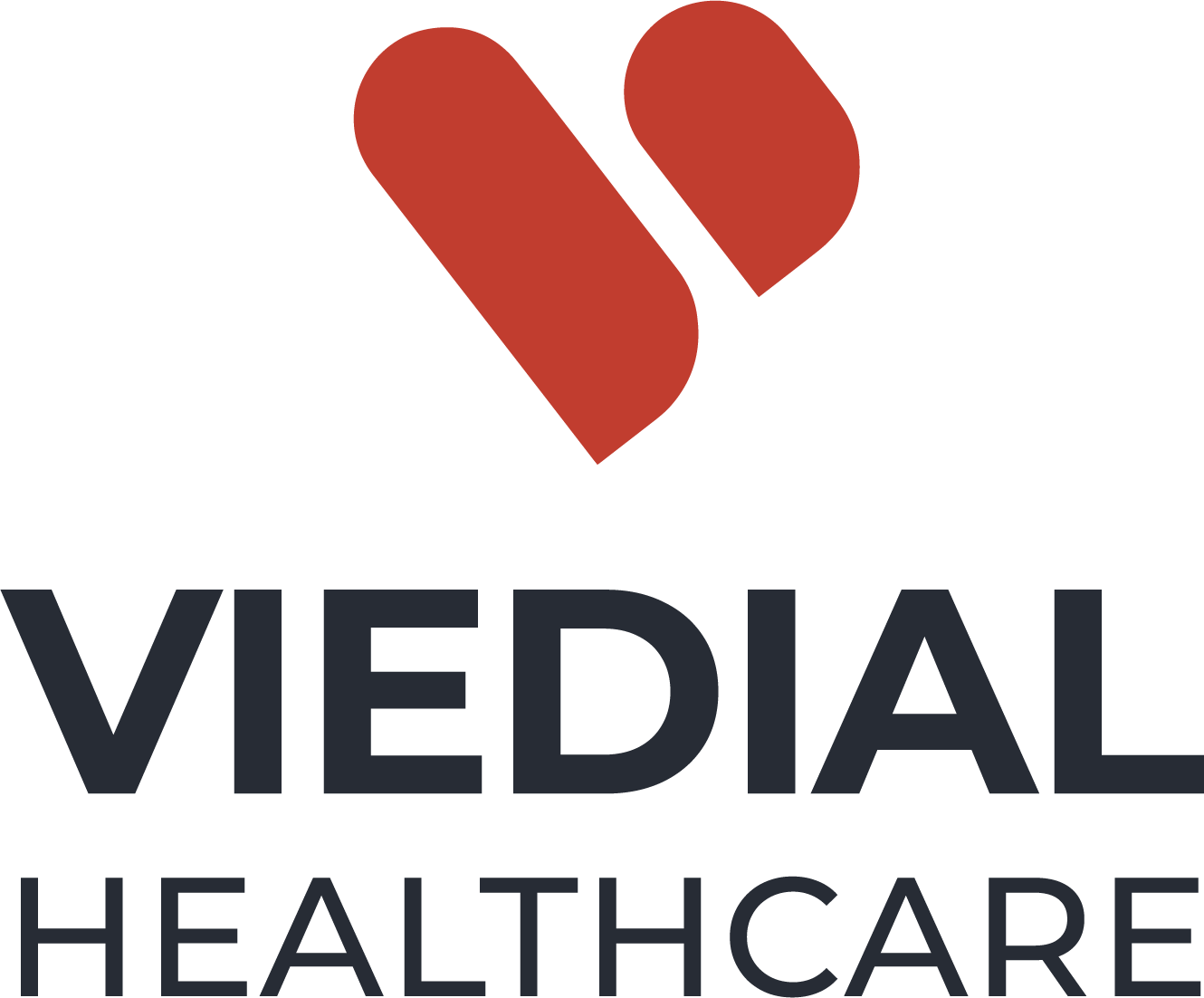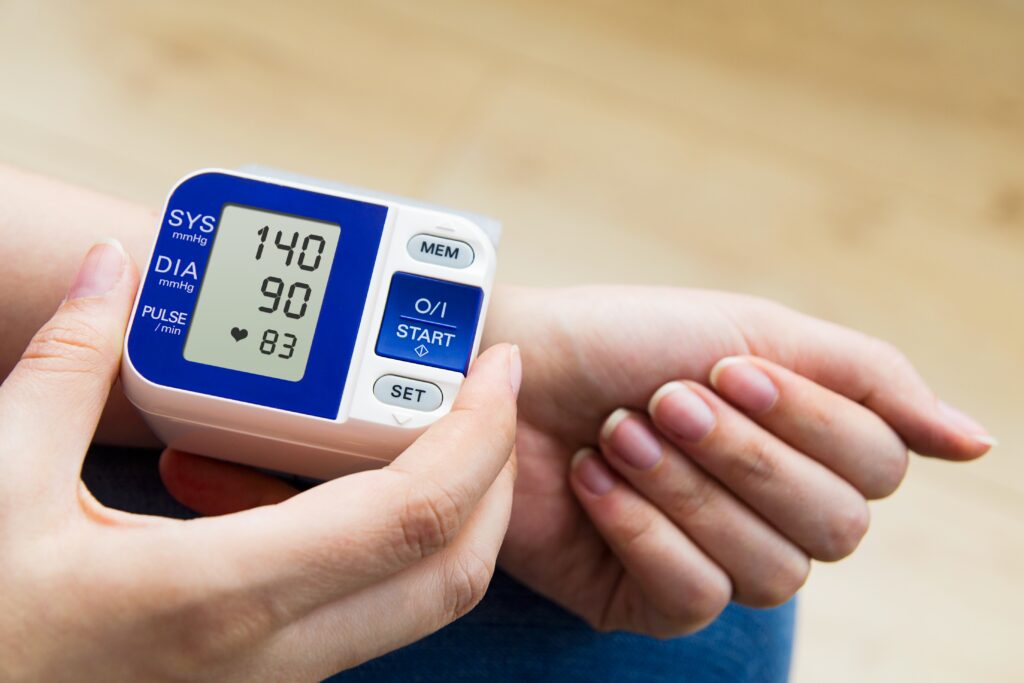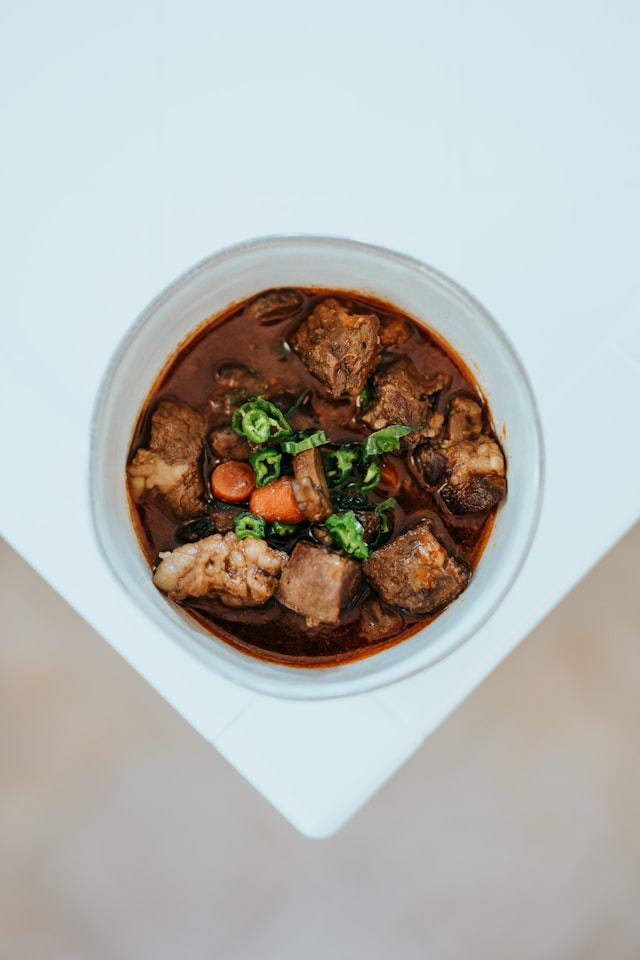High blood pressure, often referred to as the “silent killer,” largely remains undetected until it results in significant complications. Recognizing the early symptoms of these complications can save lives, allowing for timely intervention and management. With the increasing prevalence of hypertension, being aware of these signs and integrating health tools like the Viedial app as a cardiovascular health solution can be instrumental in safeguarding one’s well being. In this article, we will delve into six potential indicators that may hint at elevated blood pressure levels and its complications.
Persistent Headaches
One prevalent yet often overlooked symptom of high blood pressure complications is persistent headaches. These are not your run of the mill headaches that might result from stress or fatigue. When linked to hypertension, these headaches can be intense and recurrent, often manifesting as throbbing pains that seem to have a rhythm of their own. Their persistence might disrupt daily activities, making tasks that once seemed mundane suddenly feel overwhelming.
The mechanism behind these headaches remains a topic of research. However, it is hypothesized that as blood pressure rises, there’s an increased strain on blood vessels, especially those in the brain. This strain can result in blood vessel narrowing or temporary spasms, leading to headaches. What compounds the concern is that many dismiss these pains as routine discomforts. But when these headaches become recurrent and are accompanied by other symptoms discussed here, they should serve as a signal to check one’s blood pressure and consult a healthcare professional.
Shortness of Breath
Another symptom that can raise red flags about elevated blood pressure is an unexpected and unexplained shortness of breath. People might notice a marked difference in their breathing patterns. A walk in the park or a quick trip up the stairs could leave one gasping for breath, even if they’ve done these activities countless times without any prior issues.
The reason behind this symptom is straightforward yet alarming. As blood pressure rises, the heart has to work harder to pump blood throughout the body. This increased workload can reduce its efficiency in delivering oxygen rich blood to various organs, including the lungs. As a result, the body might not receive the necessary oxygen it requires during physical exertion, leading to shortness of breath. This symptom, while it can be concerning on its own, can also be indicative of other underlying cardiovascular issues. It is essential, therefore, not to dismiss it, but instead to seek medical advice and understand its root cause.
Vision Problems
High blood pressure can exert undue pressure on the delicate blood vessels in the eyes. Over time, this can lead to vision problems. Individuals might experience episodes of blurred vision, floaters, or even sudden vision loss. It’s essential to recognize that such vision issues, while they can arise from various causes, may be closely linked to blood pressure fluctuations.
Nausea and Fatigue
An often overlooked symptom of complications of high blood pressure is a general feeling of nausea or chronic fatigue. Elevated blood pressure can impede the body’s ability to function optimally. Individuals might feel persistently tired, regardless of a full night’s sleep. Similarly, nausea, even in the absence of other digestive symptoms, can indicate hypertension.
Regular Nosebleeds
While infrequent nosebleeds can arise from various harmless causes, regular, unexplained nosebleeds might be tied to high blood pressure. When blood pressure rises to dangerous levels, it can cause the fragile blood vessels in the nose to rupture, leading to these nosebleeds. If you’re experiencing nosebleeds frequently without any apparent cause, it’s worth consulting with a healthcare professional.
Chest Pain and Heart Palpitations
Both chest pain and irregular heart palpitations can be indicative of high blood pressure and its complications. The heart, working against increased pressure, might manifest its distress through these symptoms. While these can also be signs of other cardiovascular issues, in conjunction with other mentioned symptoms, they strengthen the case for a blood pressure evaluation.
Integrating Technology for Blood Pressure Management
In today’s digital age, monitoring and managing blood pressure has become more accessible than ever. The Viedial app stands out as a comprehensive cardiovascular health solution. This app not only allows individuals to track their blood pressure readings but also offers insights, recommendations, and feedback tailored to individual health profiles. With realtime data and actionable advice, individuals can proactively manage their blood pressure, reducing the risk of complications.
Recognizing the symptoms of high blood pressure is the first step in addressing this prevalent health concern. While hypertension can be stealthy, manifesting subtly, being attuned to these signs can pave the way for timely intervention. By coupling awareness with modern solutions like the Viedial app, one can not only detect but effectively manage and mitigate the risks associated with high blood pressure.




